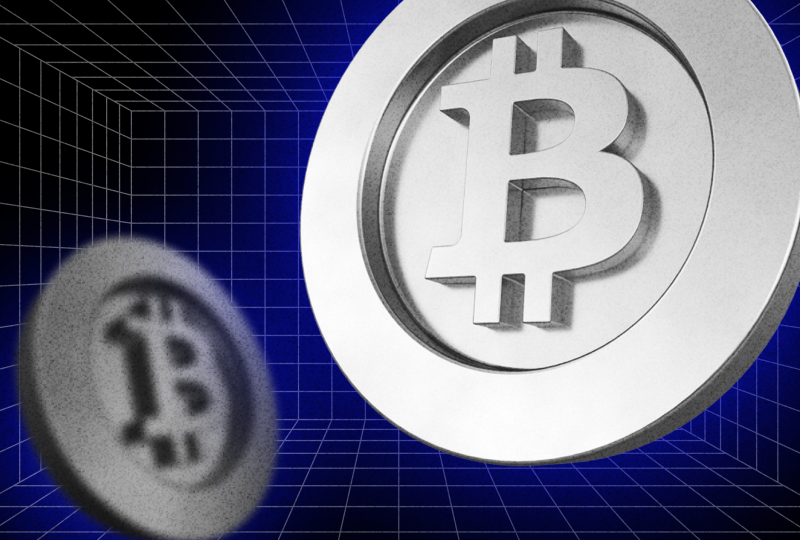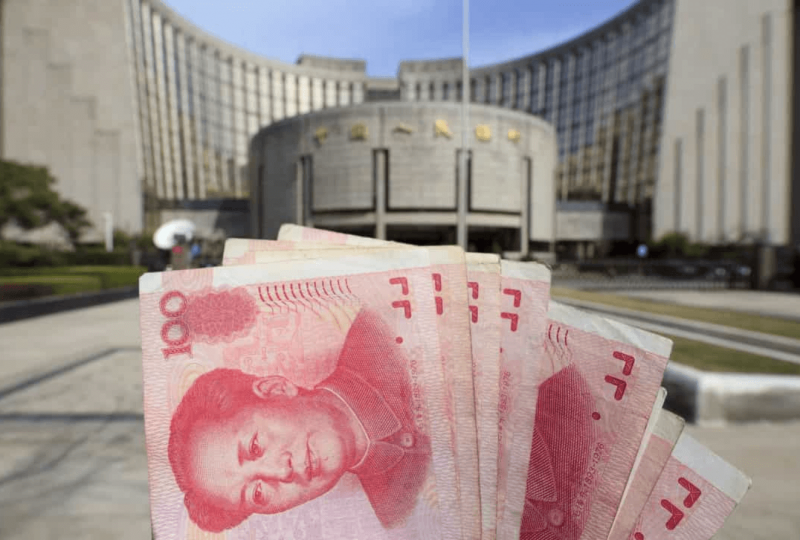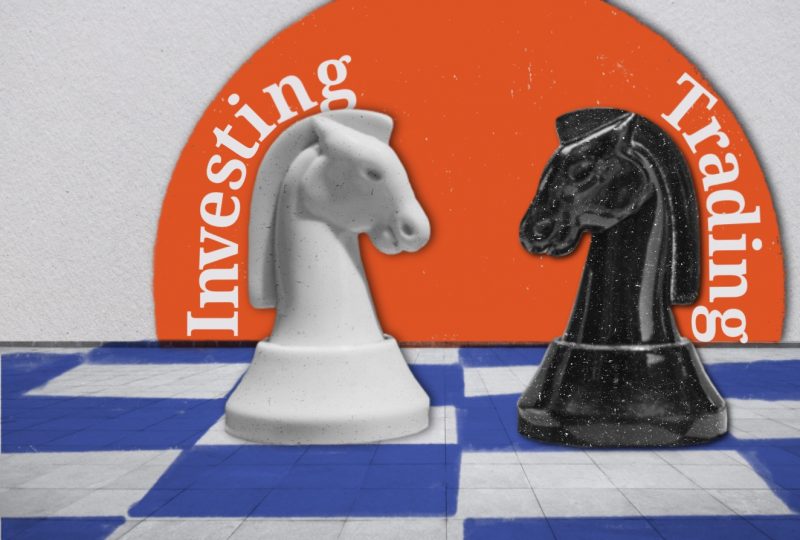El Salvador Bitcoin Strategy: Expanding Investing in Digital Assets
Mar 18, 2024

Some nations have started changing their financial strategies, and El Salvador is one of them. They have added a big sum of Bitcoin to its holdings, moving over $400 million into a cold wallet.
The nation’s President Nayib Bukele’s action confirms the nation’s belief and place in crypto assets and represents a significant advancement in its financial strategy. The project presents a “bitcoin piggy bank,” signifying a systematic approach to protecting and administering the country’s digital resources.
This development raises questions about El Salvador Bitcoin holding and highlights its commitment to incorporating cryptocurrency into its economic framework.
The Digital Path of El Salvador
September 2021 saw El Salvador’s entry into the cryptocurrency space, as they adopted Bitcoin as a treasury asset. President Nayib Bukele’s initiative established El Salvador as a leader in the incorporation of cryptocurrencies into national financial plans.
El Salvador used a variety of tactics to expand its Bitcoin holdings. In order to obtain additional Bitcoin, this strategy involved mining, selling passports, converting business transactions into Bitcoin, and making use of government services.
These techniques demonstrated a calculated strategy to augment El Salvador’s investment in digital assets by diversifying the ways in which the country increased the size of its Bitcoin portfolio. This calculated buildup is a reflection of the nation’s larger goals of using cryptocurrencies to boost the economy.
The Significance of Moving to Cold Storage
The reasons for moving the assets to a cold wallet can be several. For starters, it is to improve security and preserve national identity. Because cold storage is offline, it provides a strong defence against cyberattacks, protecting the country’s digital assets.
The fact that these assets are kept in a real vault on national soil represents El Salvador’s authority over its financial resources and demonstrates the nation’s resolve to protect its digital wealth and establish its independence in the world financial system.
President Nayib Bukele is willing to be transparent about El Salvador’s Bitcoin holdings and the country’s treasury’s association with a particular blockchain address. With this decision, El Salvador is positioned as a transparent leader in the use of Bitcoin and public trust in the government’s financial strategies is encouraged. It also has a favourable impact on attitudes outside by showcasing the nation’s commitment to utilising the possibilities of blockchain technology.
Implications for the Country and Beyond
The nation’s Bitcoin investment has both risks and benefits for its economy. The volatility of crypto markets results in significant price fluctuations within brief timeframes. Because of this volatility, El Salvador’s Bitcoin holdings can fluctuate greatly in value, which could have an effect on the stability of the national treasury.
Nonetheless, the deliberate amassing of Bitcoin presents the possibility of enduring financial advantages. If the price of Bitcoin keeps rising, El Salvador might make significant profits that would improve its financial situation and economic growth. So, how much bitcoin does El Salvador have? At this point, it’s more than 5,000, which is worth more than $400 million.
Final Thoughts
El Salvador is firmly positioned as a leader in the field of digital currencies thanks to this decision. This bold move could sway other nations and mould international regulations regarding cryptocurrencies.
El Salvador establishes an example for other nations to follow by being the first to formally incorporate Bitcoin into its financial plan, which could result in a greater acceptance and integration of digital currencies in global banking. This leading position may also inspire debates and actions on the use, advantages, and regulation of cryptocurrencies globally.




